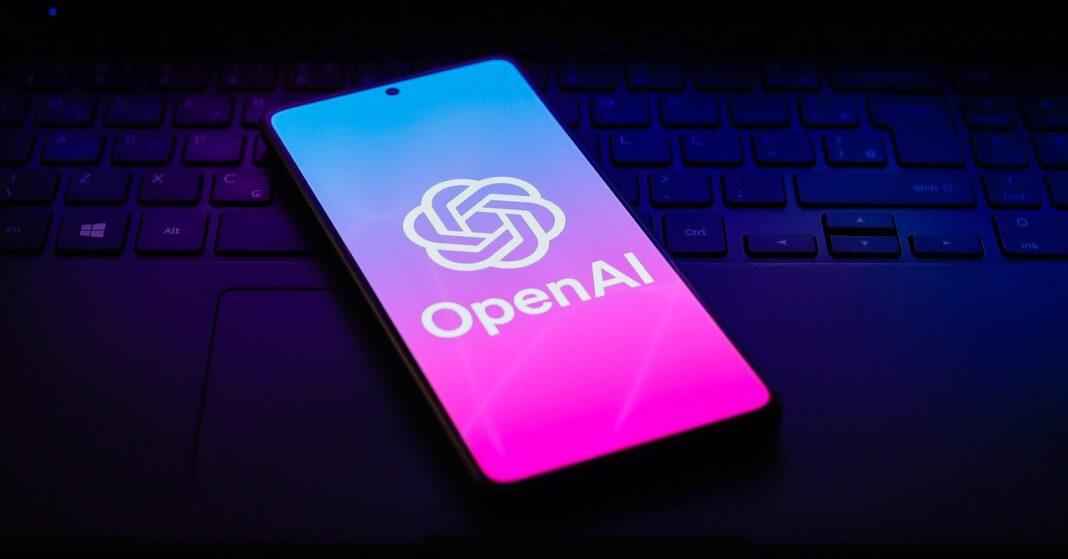In Short:
OpenAI has launched a cheaper and more accessible mini version of its popular artificial intelligence model, GPT-4o mini, to make AI more widely available. This move is seen as a response to increasing competition in the AI market. Meta is also set to release its latest free AI model, Llama 3, with 400 billion parameters on July 23. OpenAI aims to offer secure and customizable AI models to meet evolving customer needs.
OpenAI Announces Release of GPT-4o Mini Model
OpenAI has revealed a new, cost-effective “mini” model, GPT-4o mini, designed to increase accessibility to its artificial intelligence capabilities. The latest model, available for purchase starting today, comes at a 60% lower price point compared to OpenAI’s previous budget-friendly model, with enhanced performance.
Efforts to Broaden AI Access
OpenAI’s initiative aims to democratize AI technology and expand its reach to a wider audience. This move not only aligns with the company’s mission to provide safe and accessible AI but also highlights the escalating competition among AI service providers and the growing interest in small and free open source AI models. Meta is anticipated to unveil its own competitive offering, Llama 3, in the coming week.
Enhanced Performance at Lower Costs
Product manager at OpenAI, Olivier Godement, underscores the importance of making intelligence more affordable to achieve widespread accessibility. The development of GPT-4o mini involved refining the model’s architecture, training data, and regimen, resulting in superior performance compared to other smaller AI models available.
Rising Competition and Market Trends
Following the success of ChatGPT, OpenAI has gained significant market presence in cloud AI services. Competitors like Google and startups such as Anthropic, Cohere, and AI21 are also venturing into the development and commercialization of large language models to cater to diverse business needs.
Shift Towards Open Source AI Models
With the growing demand for language models, companies like Meta are offering powerful free models like Llama, attracting developers and businesses with cost-effective and customizable solutions. Meta’s upcoming release of Llama 3 with 400 billion parameters indicates a shift towards open source AI models in the industry.
Future Outlook
OpenAI acknowledges evolving customer preferences and the need for a mix of small and large models to enhance product experiences. Godement hints at the possibility of OpenAI developing models for customer deployment on their own devices in response to market demands.





